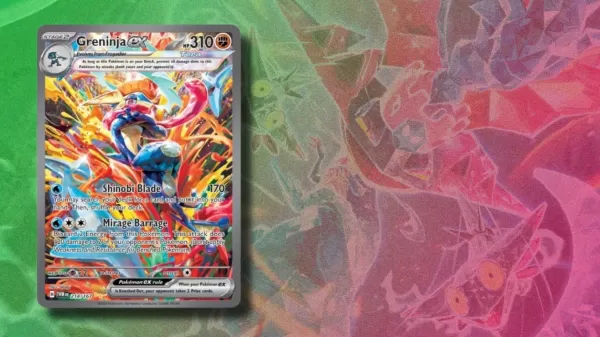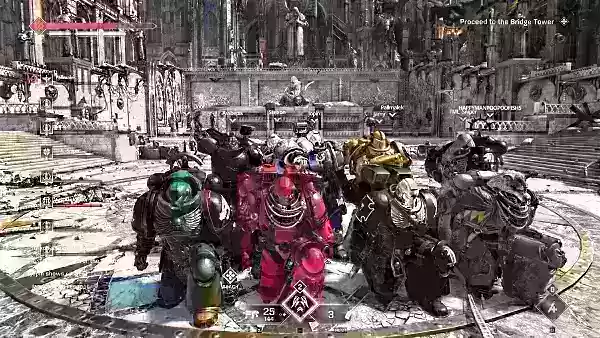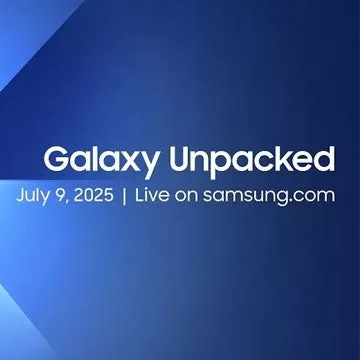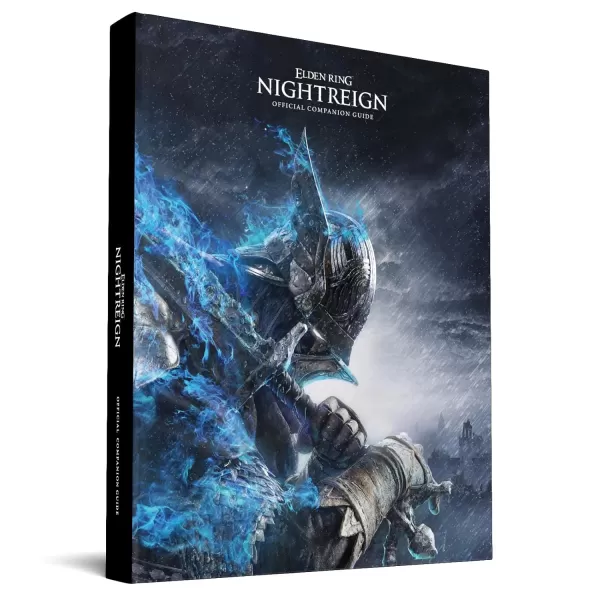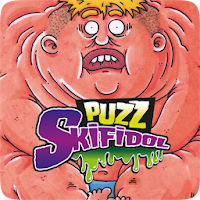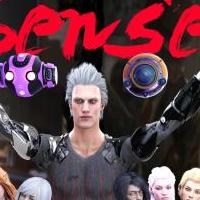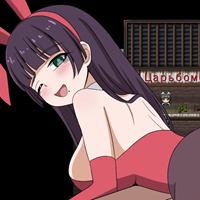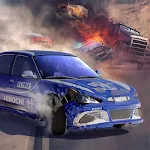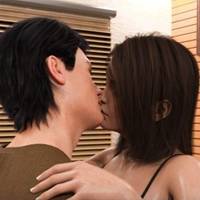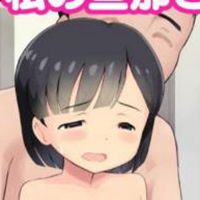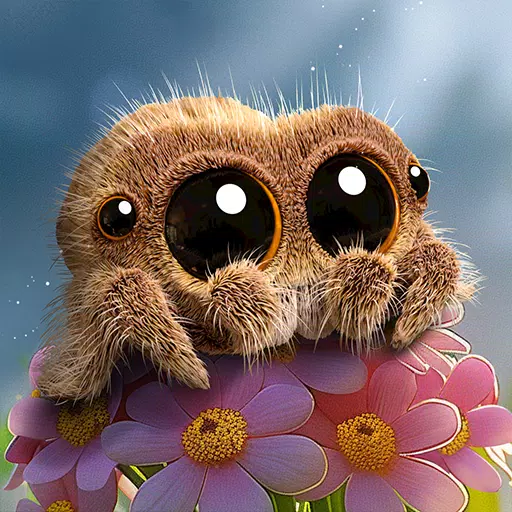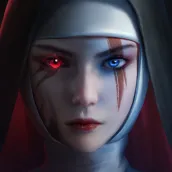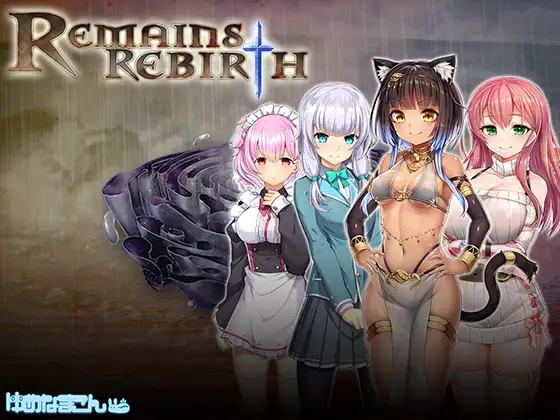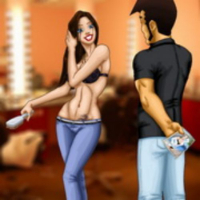2025 marks a pivotal year for DC, with James Gunn's highly anticipated Superman film set to kick off the new DCU in theaters. DC Studios is also busy with a variety of upcoming film and television projects, while the Absolute Universe is making significant strides in DC's publishing sector. Amidst all this buzz surrounding the DC universe's new media slate, a significant question looms large: What's happening with Wonder Woman? Created by William Moulton Marston and H. G. Peter, Wonder Woman is one of the most iconic superheroes and a cornerstone of the DC universe, yet her presence in recent DC franchise media has been surprisingly minimal.
Outside of the comics, Diana of Themyscira has faced numerous challenges in recent years. Her live-action film series fizzled out following the mixed reception of Wonder Woman 1984. She's absent from the current DCU lineup, with Gunn and his team choosing to focus on a series about the Amazons instead. Wonder Woman has never starred in her own animated series, and her much-anticipated first solo video game, announced in 2021, was cancelled. Given all that Wonder Woman has endured, it's crucial to examine how Warner Bros. is handling one of the most iconic female superheroes of all time. Let's delve into how Warners and DC are mishandling Wonder Woman.
One Hit Wonder
During the peak of the rivalry between the Marvel Cinematic Universe and the DCEU in the late 2010s, the first Wonder Woman film emerged as a major success for DC. Released in 2017, the film garnered largely positive reviews and grossed over $800 million worldwide. Following the polarizing responses to Batman v Superman and Suicide Squad, Patty Jenkins' vision of Diana struck a chord with audiences in a way that previous DC films had not. While not flawless, with third act problems and Gal Gadot's performance focusing more on poise and action than character depth, the film's strong performance should have been the foundation for a thriving franchise.
However, the sequel, Wonder Woman 1984, released in 2020, didn't live up to expectations. It received mixed reviews and failed to recoup its budget due to its simultaneous release on HBO Max and in theaters amid the COVID-19 pandemic. The sequel's narrative structure, tonal inconsistencies, and controversial elements, such as Diana having sex with Chris Pine's Steve Trevor while he inhabited another man's body, further alienated audiences. This mediocre follow-up did not build on the first film's success, leading to the phasing out of a third installment. It's disheartening to see Wonder Woman sidelined after one underwhelming film, especially when other iconic characters like Batman and Spider-Man receive multiple reboots and relaunches.
Diana Prince, Missing in Action
As the new DCU launches its slate of fresh adaptations, one might expect Wonder Woman to be at the forefront. Yet, the Chapter One: Gods and Monsters lineup does not include a dedicated Wonder Woman project. Instead, DC Studios head James Gunn and producing partner Peter Safran have prioritized lesser-known properties like Creature Commandos, Swamp Thing, Booster Gold, and The Authority. While there's merit in exploring obscure IPs, as Gunn successfully did with Guardians of the Galaxy, it's striking that these projects are being developed alongside new iterations of Superman, Batman, and Green Lantern, yet Wonder Woman remains absent.
DC Universe: Every Upcoming Movie and TV Show
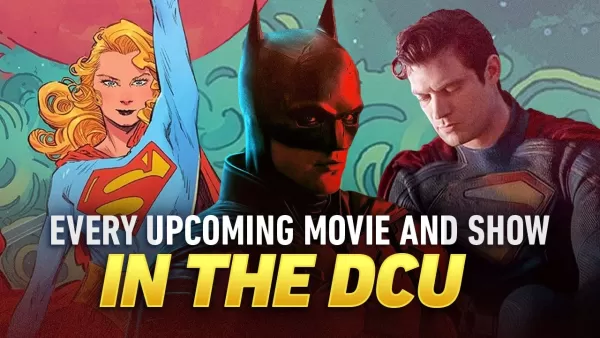
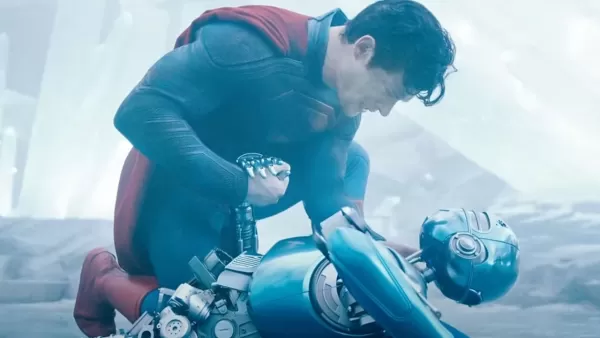 View 39 Images
View 39 Images
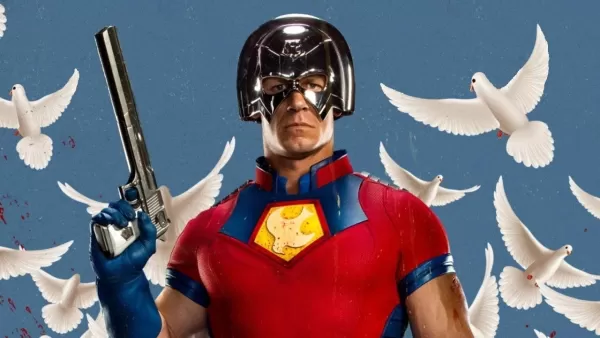
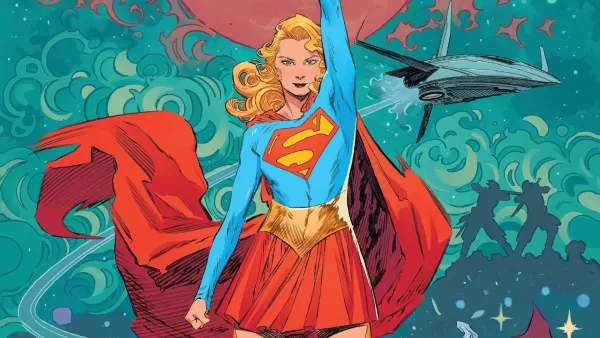
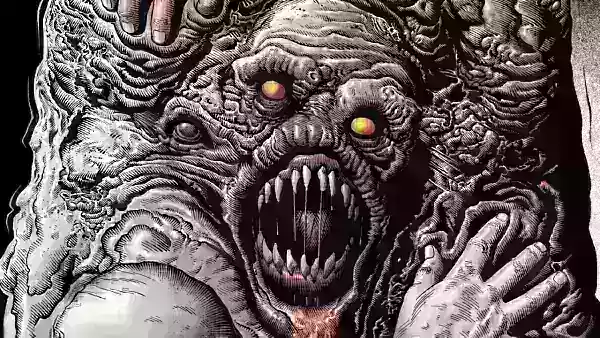 The DCU has announced Paradise Lost, a television series focused on the Amazons of Themiscyra, set before Wonder Woman's birth. While expanding the lore of the Amazons is commendable, creating a show within the Wonder Woman franchise without featuring Wonder Woman herself echoes the Sony Marvel Universe approach. This raises questions about why DC Studios doesn't view Diana as the central attraction compared to the world-building around her. Why is it urgent to launch multiple Batman projects but not a single Wonder Woman one?
The DCU has announced Paradise Lost, a television series focused on the Amazons of Themiscyra, set before Wonder Woman's birth. While expanding the lore of the Amazons is commendable, creating a show within the Wonder Woman franchise without featuring Wonder Woman herself echoes the Sony Marvel Universe approach. This raises questions about why DC Studios doesn't view Diana as the central attraction compared to the world-building around her. Why is it urgent to launch multiple Batman projects but not a single Wonder Woman one?
This approach to the third member of DC's Trinity is reminiscent of past patterns. The DC Animated Universe from the '90s and early 2000s prominently featured Wonder Woman in Justice League and Justice League Unlimited, but she never got her own solo series like Batman or Superman. Despite nearly a century since her debut, Wonder Woman has yet to star in her own animated series. She regularly appears in DC Universe direct-to-video animated films, yet has only headlined two: Wonder Woman in 2009 and Wonder Woman: Bloodlines in 2019. Given the enduring popularity of superhero fiction, it's puzzling why a dedicated Wonder Woman project remains elusive.
AnswerSee ResultsLet Me Play as Wonder Woman, Dammit
The recent cancellation of the Wonder Woman game developed by Monolith Productions underscores the frustration. It's unclear if the underperformance of other DC games like Suicide Squad: Kill the Justice League and MultiVersus contributed to its demise, but the long development cycle ending in cancellation is disheartening, especially since it would have been Diana's first leading role in a video game. With the resurgence of character action games, the timing seems perfect for a Wonder Woman action-adventure game reminiscent of God of War or Ninja Gaiden. If Kratos is preoccupied, why not let Wonder Woman take on the role of battling Greek mythology-inspired foes?
While Diana has been playable in games like Injustice, Mortal Kombat vs. DC Universe, and various LEGO DC titles, there's no valid reason for Wonder Woman not to have a AAA action game. DC's failure to capitalize on the success of Rocksteady's Batman Arkham series by not developing games featuring Wonder Woman, Superman, or the Justice League is a missed opportunity for revenue. It's even more insulting that Diana's first appearance in the Arkham timeline in Suicide Squad: Kill the Justice League results in her being killed off as a non-playable character, while the male Justice League members, portrayed as evil clones, survive.
This pattern of neglect, from the faltering film franchise to the lack of animated series and poor video game representation, reflects a lack of respect from Warner Bros. and DC for one of their most iconic characters. If they undervalue the third most significant hero in their lineup, how can we trust that they value the thousands of other characters in the DC universe? Hopefully, Gunn's Superman reboot will signal a new era of DC adaptations that can distance itself from the troubled DCEU. As Warner Bros. moves forward with their relaunched franchise, they must not overlook the immense value that Diana Prince brings to their portfolio. After nearly a century, she and her fans deserve better.

